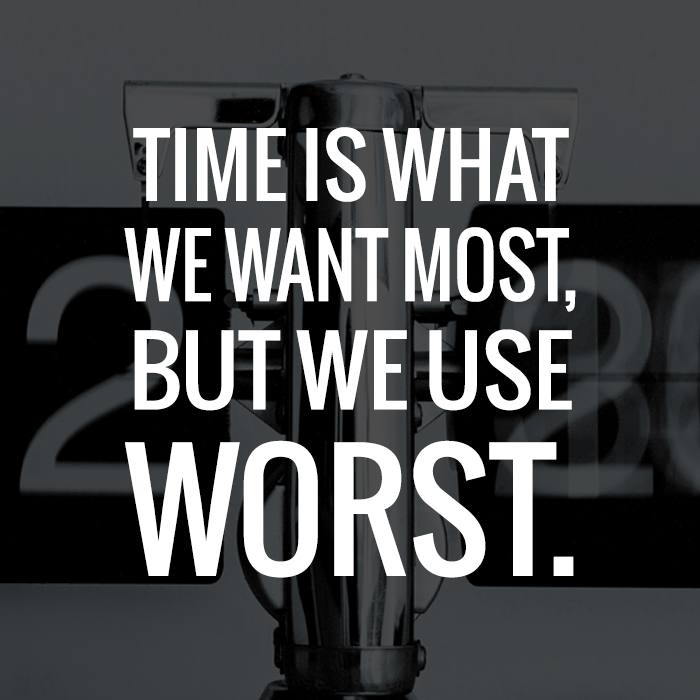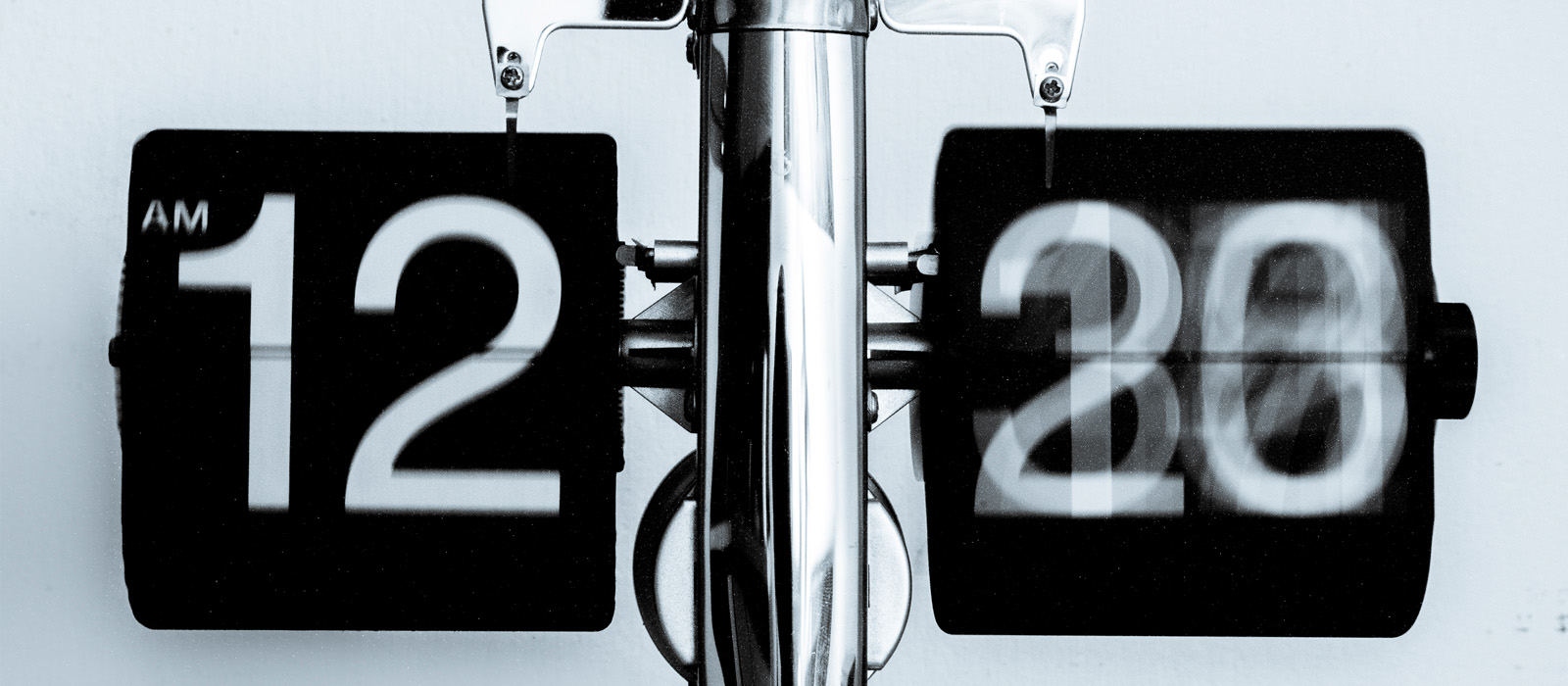You settle down at your desk in the morning, ready to get to work.
Four hours later and you’ve worked maybe 30 minutes. What happened? Interruptions.
You got a phone call from a colleague with a question. Then you had to attend a 30 minute stand up meeting that is largely irrelevant to what you do. Then as you get back to your desk, someone drops by to talk about the game last night (how ’bout dem cowboys).
A few minutes later you get pinged on Slack, followed by an avalanche of emails. All the while, you’re trying to focus on the task at hand, but you keep getting distracted. Before you know it, it’s time for lunch. Let’s just say, things don’t get much better the rest of the day.
Sound familiar? The problem most of us run into when it comes to productivity is that we don’t have high quality hours in which to work. By high quality I mean hours without interruptions and distractions.
Imagine getting distracted multiple times when you were hoping to be productive. How will you ever get anything done? This is what I call low quality hours. They don’t allow for flow or focus.
On the other hand, if you can find 3 to 4 hours of high quality time, you would get more done than the typical 8 hour office day would ever allow.
Finding these magical quality hours is of course no simple task, especially in an office environment, but it’s essential to getting actual work done.
Here are three ways to capture the hours you need.
1. Do Not Disturb Hours
The key to this entire idea is finding a chunk of hours that can’t be interrupted by anyone or anything. In an office this is nearly impossible of course, so the solution is tweaking your schedule.
Try going in a few hours earlier in the morning or staying a few hours later, when most people are out of the office. I typically start work at 7 AM and get at least 2 hours of uninterrupted time to focus on my work alone. Let’s just say that’s usually when I do my best thinking.
You can try other methods, like blocking off the time in your calendar, throwing on your headphones, and ignoring everyone, but even that doesn’t always work.
If you’re not able to have flexible work hours, your best bet may be to chunk some time outside of the office, to ensure that you can get things done.
2. Turn Off the Bells & Whistles
Getting away from people is step one, step two is getting away from the technology that serve up endless distractions. Silence your phone, close your email, and try to remove as many distractions from the equation.
There are even great apps that will block your guilty pleasures (aka Facebook or ESPN or reddit, etc), like StayFocusd for Chrome, Cold Turkey for Mac/PC, and LeechBlock for Firefox.
You know what usually draws your attention, so dampening those desires is the key to this step.
3. Give Yourself Enough Time
Finally, it’s important to give yourself enough time to truly get work done. We all know that when you first sit down for a task, it takes awhile to get going. You need time to find your flow and build momentum.
It’s always hard to get into that mindset, but once you’re there, things just move forward effortlessly. The worst thing that can happen once you finally get into a state of flow is to interrupt it.
This is why you need to ensure you have enough time to do your work. Give yourself at least 2, 3, or 4 hours, if not more. Ultimately you have to evaluate what you’re doing and how you’re spending your time. Are you making good investments and finding quality hours or not?
Ultimately you have to evaluate what you’re doing and how you’re spending your time. Are you making good investments and finding quality hours or not?
I’ve started a habit where every evening I give myself 3 hours to work on whatever is on my plate. That’s my time, away from my wife, my pets, my TV, my smartphone, and the rest of the world. It’s my time to do what I want to. I think I’d go crazy without it.
If you’re struggling with being productive, you might just need to look at the quality of your hours and make an effort to improve them.

